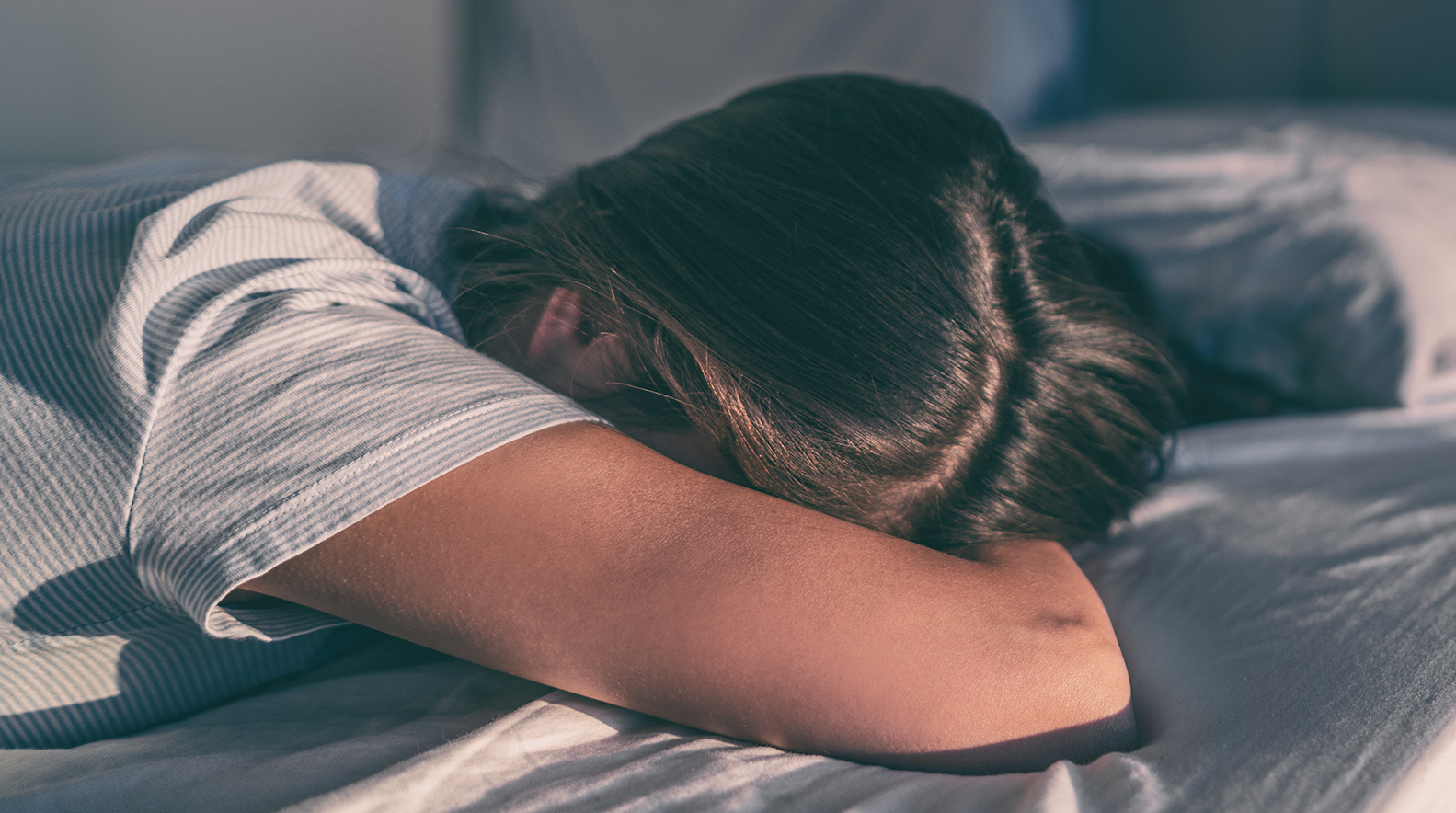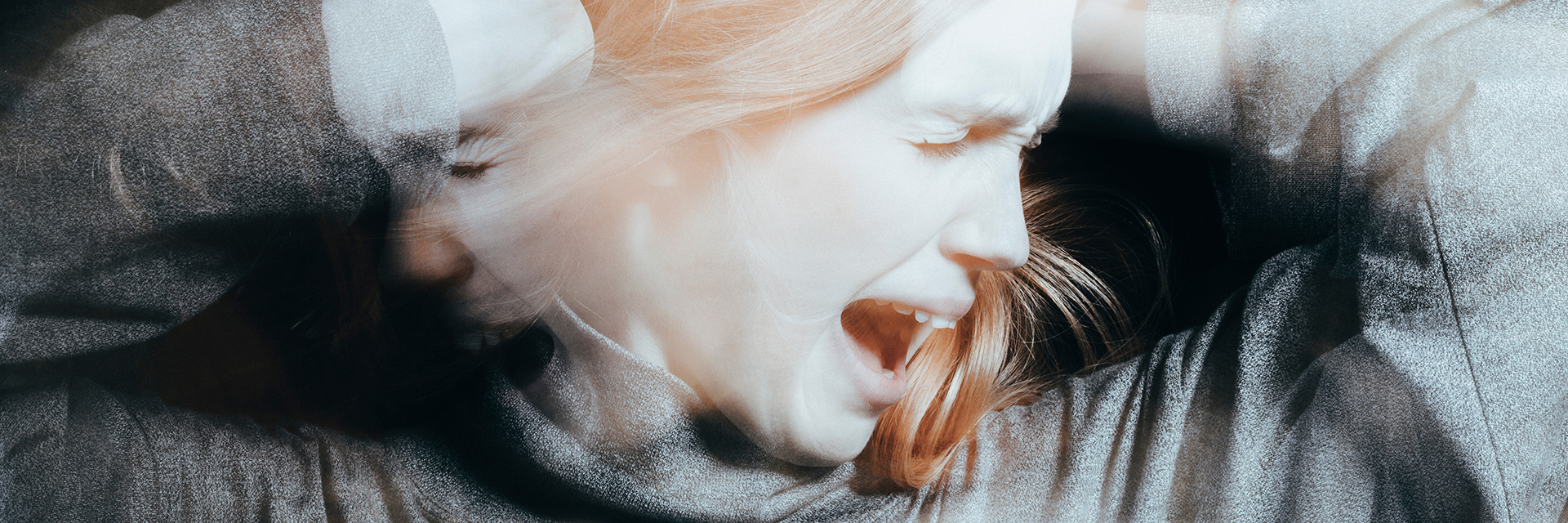If you have developed bipolar disorder and it interferes with your ability to work, you may be eligible for disability benefits...
If you or a loved one has bipolar disorder — a mental health condition, formerly known as manic depression, that causes extreme mood swings — it’s important to know that financial support is available should your illness prevent you from working.
In this blog, we’ll explain in more detail:
- what bipolar disorder actually is, and the main differences between the two types of bipolar disorders — bipolar I and bipolar II,
- the signs and symptoms to look for,
- whether you are eligible for disability benefits,
- and we’ll offer some advice on how to navigate America’s complex Social Security disability claims process.
“the National Institute of Mental Health estimates that 2.8% of US adults, or approximately five million people, have a diagnosis that affects a person's mood, thoughts, and behavior. ”

What is bipolar disorder?
Bipolar is a common condition — the National Institute of Mental Health estimates that 2.8% of US adults, or approximately five million people, have a diagnosis that affects a person’s mood, thoughts, and behavior.
There are two main types of bipolar disorders: bipolar I and bipolar II. Both involve alternating episodes of mania (a state of elevated mood and hyperactivity) and depression (overwhelming sadness and fatigue).
Bipolar I disorder
If you’ve experienced at least one episode of mania (which can be heightened with paranoia, delusional thinking, and/or psychosis), and possibly (but not always) have gone through depressive episodes too, chances are you have bipolar 1.
This type of bipolar disorder, which is most commonly diagnosed around the age of 18, affects both sexes equally — and the symptoms are often so severe as to require hospitalization.

Bipolar II disorder
Meanwhile bipolar 2, which is more common than bipolar 1, involves a major depressive episode lasting at least two weeks, and at least one bout of hypomania (a less severe form of mania) that lasts roughly four days.
“According to a 2017 study, bipolar 2, sometimes misdiagnosed as depression, tends to affect women more than men.”

Symptoms of mania and hypomania (highs)
Both a manic and a hypomanic episode typically include three or more of the following:
- Excessive energy
- Restlessness
- Poor concentration
- Feelings of euphoria
- Risky behaviors
- Difficulty sleeping
- Paranoia
- Delusional thinking
- Psychosis
Symptoms of depression (lows)
Symptoms of depression in someone with bipolar disorder often include extended periods of sadness and hopelessness, as well as:
- Tiredness
- Irritability
- Changes in eating habits
- Thoughts of suicide
- A loss of interest in people you once enjoyed spending time with
- Feeling no pleasure in all, or almost all, activities
Am I eligible for Social Security disability benefits with bipolar disorder?
The good news is that the SSA recognizes bipolar disorder as a disability: the mental illness is included, under section 12.04, in the Social Security Listing of Impairments.
This, however, does not mean that all sufferers are automatically granted Social Security disability benefits. An applicant must provide significant documentation of their diagnosis, treatment history, and how their illness impacts their life and ability to work.
If you cannot demonstrate that you meet the SSA’s listing for bipolar disorder, you may still qualify for benefits if the Administrative Law Judge (ALJ) finds that your “residual functional capacity” prevents you from working.
To determine your residual functional capacity, the ALJ will look at all of your mental and physical impairments and determine what sort of work you might be able to carry out.
Should the ALJ conclude that you have been, or are likely to be, off work due to mental illness, you could be eligible for disability benefits.

Starting a disability claim for bipolar disorder
If your bipolar disorder prevents you from functioning in a work environment, and you have the evidence to prove it, there are several ways you can begin your disability application. Apply online, by calling 800–772–1213, or in person at your local Social Security office.
How can we help?
If you, or someone you love, is suffering from bipolar disorder, you’ll know that life is difficult enough as it is — without having to get your head around the complicated Social Security disability claims process.
Make no mistake: applying for disability benefits is a tough, time-consuming process that can be incredibly daunting if you’re going it alone.
Here at Sampson Dunlap LLP, we can answer any questions you may have, help you apply, or appeal an SSA disability denial and fight until the end to secure the disability benefits you deserve and need.
Our team of trusted Social Security disability lawyers only have one goal: to make dealing with the disability system less stressful and more successful for you.
Best of all? You don’t pay a dime for our services until we win.
If you’re ready to get the benefits you’re owed and make life a little more financially comfortable, speak to Sampson Dunlap today. We look forward to hearing from you.
Stop struggling with a system that does not care. We are here to support you. That is why you do not pay for our services until we win. Don’t wait any longer. Take control of your life and speak to our friendly team today.


